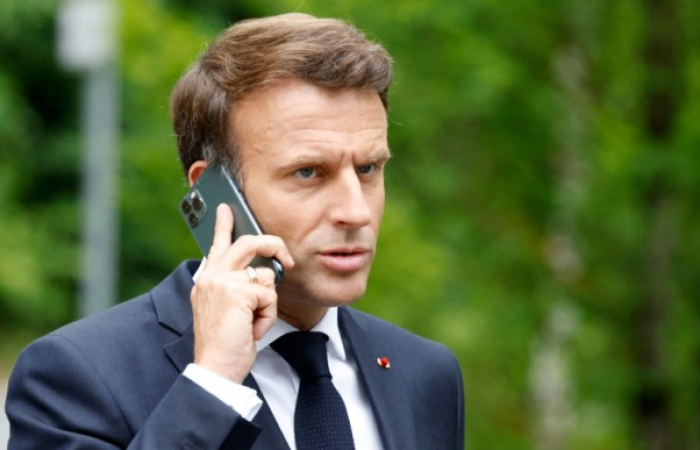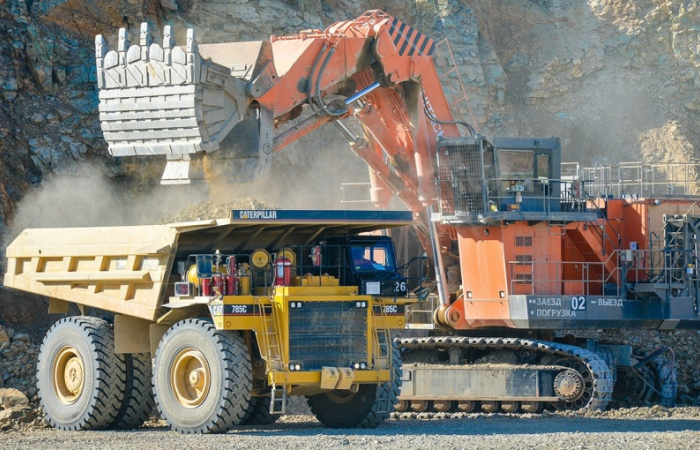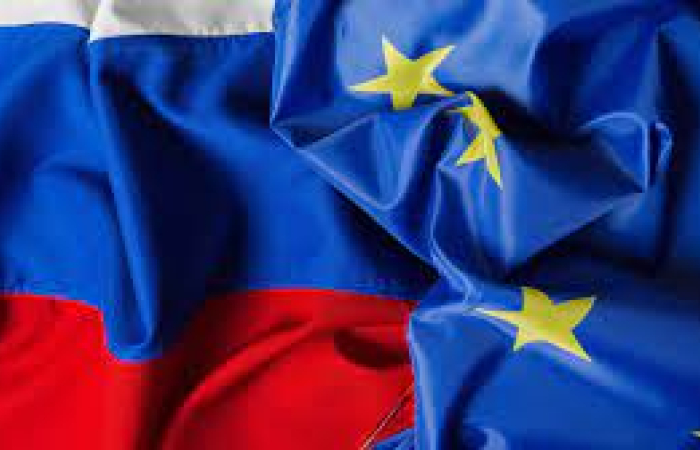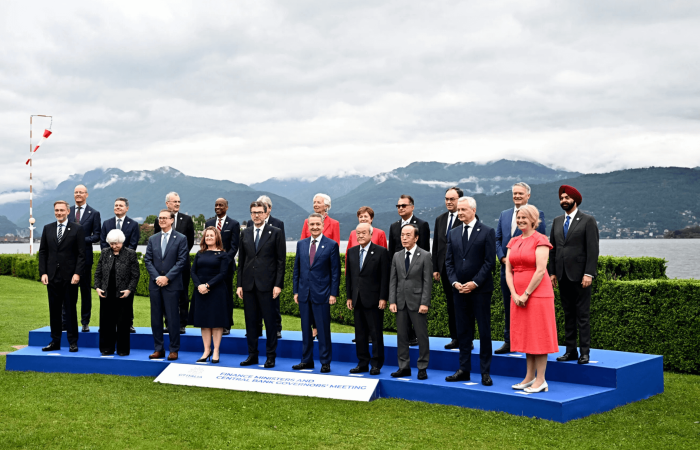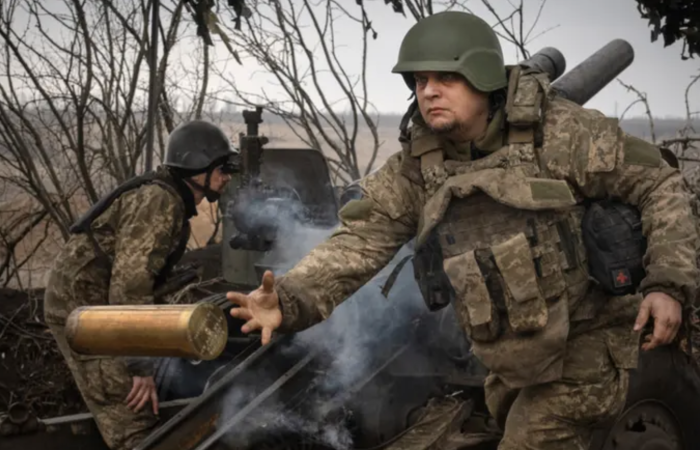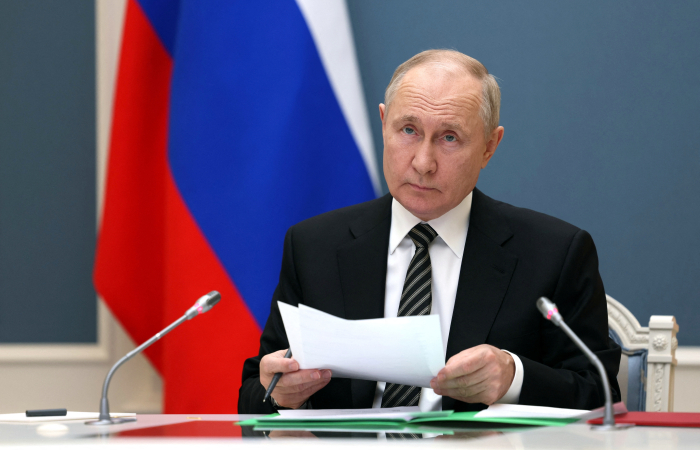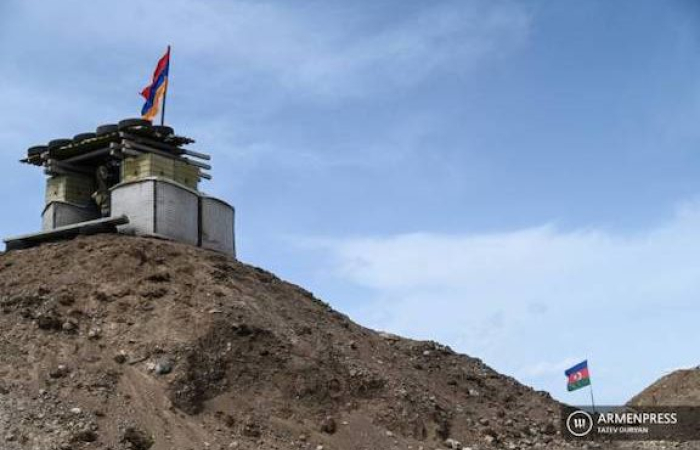Editor's choice
This is a members’ functionality. Please
Sign upCommentary
Trending
Jittery Kremlin hits out at Central Asia NGOs
6 March 2024
Russian Defence Minister Sergei Shoigu, speaking on the occasion of the Special Operations Forces Day at a meeting of the Board of the Ministry of Defence of the Russian Federation in Moscow on 27 February, unleashed an attack against Central Asian NGOs, accusing them of "continuously increasing hostile activities against Russia", especially in the "creation of new initiatives and structures aimed at discrediting and countering the Russian presence in countries traditionally our friends".
Shoigu said the situation in this region is "very delicate", recalling the contemporary threat of the Afghan Taliban and ISIS terrorists, to which he equates the works of non-governmental organizations.
In his speech, Shoigu said "over 100 large pro-Western NGOs operate in these countries, which have more than 16 thousand representations and branches, which aim to weaken the technical-military, economic and cultural collaboration with the Russian Federation, against the background of the special military operation [Ukraine War], and we have to do something."
Central Asia is hardly the first place that comes to mind when it comes to civil society activism, but the process of opening up to the world, and the reforms being put in place across the region, has widened the space for NGO activity – even if only to a small extent. Enough it seems to worry the head of the Russian Defence Ministry who one would have thought would have other things to worry about at the moment. But Kremlin observers say that Shoigu’s outburst is a jittery reaction of a paranoic Kremlin that is obsessed by criticism at home or abroad, and sees everything as one big conspiracy. Reaction in Central Asia has been mixed but in Kazakhstan, where President Tokayev has set out a course for systematic reforms in the country, and where the government is looking at civil society as partners in this process, the reaction to Shoigu’s speech was negative, and the Deputy Minister of Foreign Affairs, Roman Vasilenko, spoke out in defence of the NGOs in Kazakhstan.
“As you know, support for the civil sector and support for NGOs are a top priority for the president, for the government and for the Ministry of Culture and Information, which is responsible for this area”, Vassilenko said on 29 February.
commonspace.eu editorial team



